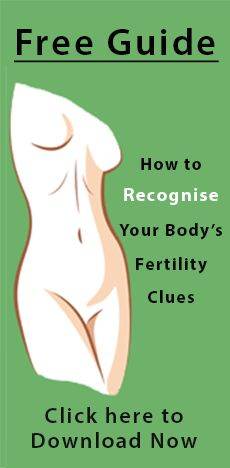How soon after birth can I start to BreastFeed?
Most babies have a strong need to suck when they are first born, so if you are both well you can start straight away. Many mothers offer the breast while they are still on the delivery table. The first milk in your breasts at this time is called colostrum.
Colostrum is a special milk that is yellow to orange in colour and thicker and stickier than normal breastmilk. It is high in carbohydrates, protein and antibodies and low in fat. Its a highly concentrated food for your newborn who can only take in very small amounts of food initially.
More information on Colostrum http://www.lalecheleague.org/FAQ/colostrum.html
How do I put my Baby to the Breast?
- Find a comfortable position either seated or lying.
- Hold your baby close to you, chest to chest and chin to breast with your nipple opposite baby’s mouth.
- Gently touch baby’s lips with your nipple to encourage your baby’s mouth to open wide. Make sure that your nipple and as much as possible of your areola (the darker area around your nipple) is in baby’s mouth. When baby is positioned correctly for breastfeeding, it should not hurt you.
For more information on attachment go to http://www.breastfeeding.asn.au/bfinfo/attachment.html
How often should I breastfeed at first?
Your breasts make milk in response to your baby’s sucking – the more milk the baby takes, the more milk you make.
You will establish a good supply of milk if you:
- Feed frequently whenever your baby cries or seems hungry
- Let baby finish the first breast before offering the second breast (your breasts create different types of milk – eg, first part of a feed tends to be thinner more thirst quenching breast milk which then turns into a more nutrient concentrated milk which is why its important to let baby finish one breast first.) ;
- Feed your baby at night (this also helps prevent your breasts becoming too full and uncomfortable);
- Make sure your baby has at least 6-8 feeds in 24 hours (many young babies have more than this – often 10-12 feeds);
- Avoid giving complementary bottles (“comps”) which will reduce your baby’s needs to suck at the breast and so reduce your supply.
Thanks to the Australian Breastfeeding Association for allowing us to reproduce this information.

